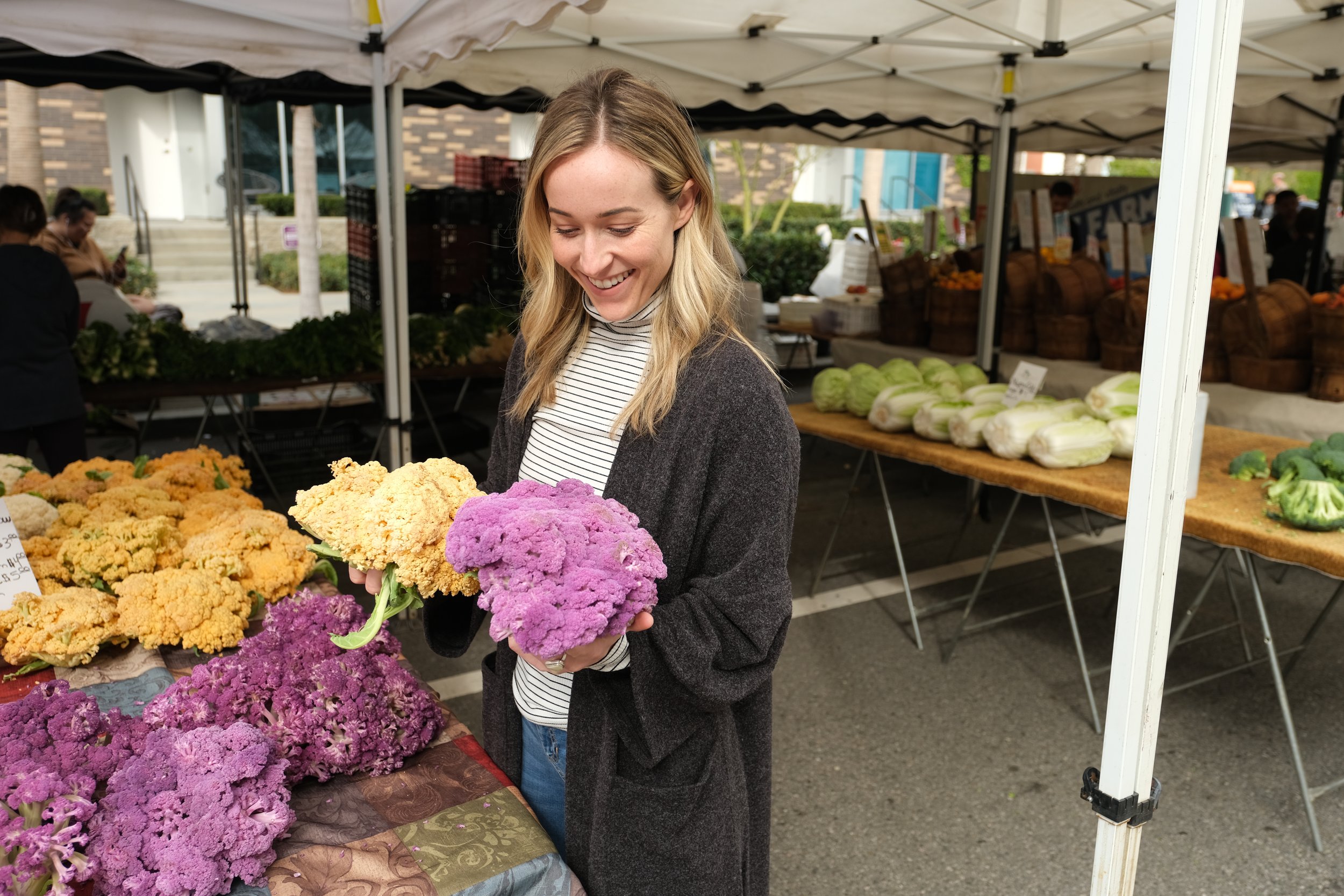Did you know that the living organisms inside of our gut (called our microbiome) respond to changes in our food intake in as little as THREE days? Most gut-related issues like bloating, gas, GERD, irritable bowel syndrome, anxiety, and brain fog can be markedly improved (even resolved entirely) with consistent dietary and lifestyle changes within an average of three months. Research has shown that a person with Type 2 Diabetes can see a significant improvement – and in some cases, a complete reversal – of their chronic disease in three to six months of consistent diet and lifestyle modifications. This is incredible! We’ve seen similar results with improvements in heart health and brain health and even autoimmune conditions when dietary intervention is pursued consistently.
This type of research is compounding more and more as the years pass on.
Food can be our greatest ally and most potent medicine in our quest for good health.
We’ve all heard this before, right? We’ve all also heard that every body is different, and certain foods that work well for one body might not work well for another body. It’s true that many of us are finding out that we have food intolerances and inflammation and chronic illnesses that can be traced back to nutritional deficiencies or issues with certain foods.
Here’s the situation: we all eat food. We have to eat to survive. For all intents and purposes, we will eat just about every day for the rest of our lives. This means that food is arguably the biggest player in our ability to get well or not and feel good or not.
The body responds FAST to our food choices…
making food the most active and accessible medicine we have. When a food is broken down in the gut and then interacts with the DNA in our body and organs, these nutrients can either turn “on” or turn “off” certain genes that we were born with. That means that you might have been born with a proclivity to obesity or heart disease, but what you put in your mouth every day can determine whether or not either of these genes actually is expressed or “activated.” The same is true when a certain gene is turned “on,” we can turn it off by eating different types of foods that discourage its expression.
We can use food to manipulate systems that we want to change, too.
A food can be used to help promote healing, too. For instance, we can use seeds, in a systematic way to help to balance your hormones by filling in the “gaps” that might be caused from too much or too little estrogen. You can read more about the power of seeds for hormonal regulation in my blog. Or, if you are removing toxins from your body, whether they be from inflammatory foods or from environmental contaminants (like mold or heavy metals), there are foods like ginger, celery, turmeric and lemon that can significantly help aid the liver and kidneys in filtering these toxins out. You can read more about detoxifying the body with the assistance of food in a recent blog, too.
Food can spark our brain and blood to flow faster. Think: spices and warm foods, coffee and chocolate. Foods can relax our nervous system and make us feel at peace. Think: chamomile, certain amino acids from animal proteins, as well as blueberries and almonds. When we know about how food affects us, we can use it strategically to help us achieve whatever goals we have in mind.
One of the major reasons I decided to become a Dietitian is because food, when used properly, can be the great equalizer, the harmony and balance of our bodies, minds and souls, and the main cornerstone that connects us all together.


